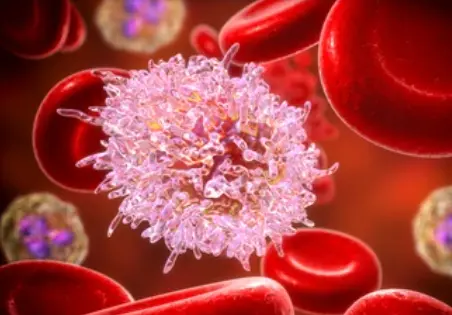 Welcome
Welcome
“May all be happy, may all be healed, may all be at peace and may no one ever suffer."
- A
- B
- C
- D
- E
- F
- G
- H
- I
- J
- K
- L
- M
- N
- O
- P
- Q
- R
- S
- T
- U
- V
- W
- X
- Y
- Z
Hemorrhage - Generics
Hemorrhage refers to the escape of blood from blood vessels due to damage or injury. It can occur in any part of the body and can range from minor bleeding to life-threatening hemorrhage. Hemorrhage can be caused by various factors, including trauma, surgery, cancer, or underlying medical conditions.
Types of hemorrhage include:
- Internal hemorrhage: This occurs when bleeding occurs inside the body, such as in the brain or abdomen.
- External hemorrhage: This occurs when bleeding occurs outside the body, such as from a cut or wound.
- Arterial hemorrhage: This occurs when there is damage to an artery, resulting in bright red, pulsatile bleeding.
- Venous hemorrhage: This occurs when there is damage to a vein, resulting in dark red, steady bleeding.
- Capillary hemorrhage: This occurs when there is damage to the smallest blood vessels, resulting in slow, oozing bleeding.
Symptoms of hemorrhage depend on the location and severity of the bleeding, but can include:
- Bleeding from a cut or wound
- Bruising or swelling
- Severe pain or discomfort
- Dizziness or lightheadedness
- Rapid heart rate or low blood pressure
- Pale skin or skin that feels cool to the touch
- Confusion, agitation, or loss of consciousness
Treatment for hemorrhage depends on the cause and severity of the bleeding. In some cases, minor hemorrhage can be managed with pressure and elevation of the affected area, while more severe hemorrhage may require surgical intervention, blood transfusion, or other medical therapies to stop the bleeding and manage symptoms.
Prevention of hemorrhage includes maintaining a healthy lifestyle, avoiding risky activities, and managing underlying medical conditions that increase the risk of bleeding. It is important to seek medical attention promptly if hemorrhage is suspected to prevent further complications and improve outcomes.

Idiopathic thrombocytopen...

Chronic myeloid leukemia

Infections of the respira...

Vitamin-C deficiency

Gas

Spondylitis

Intestinal bleeding

Burning and irritation of...
Hemorrhage, রক্তক্ষরণ
To be happy, beautiful, healthy, wealthy, hale and long-lived stay with DM3S.